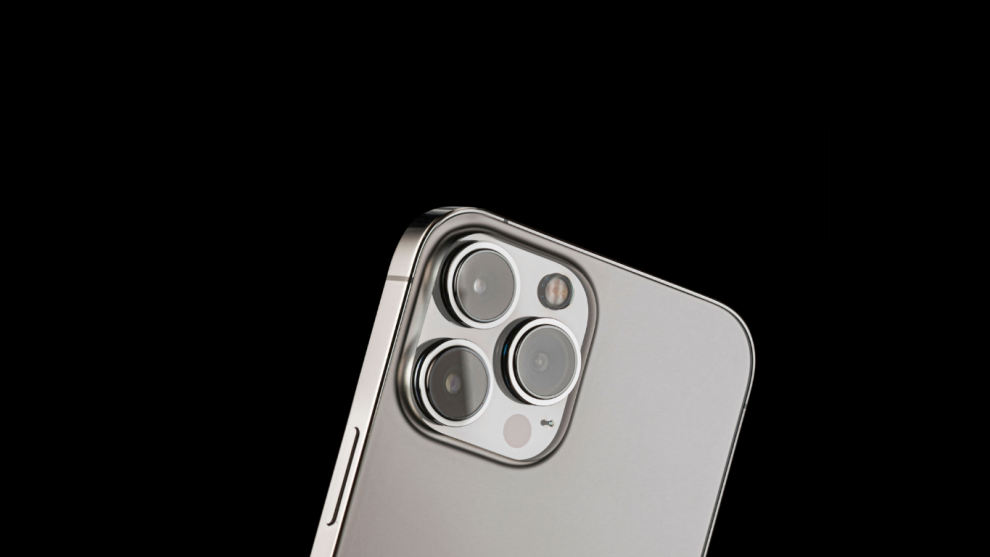In a major development in the tech industry, the US Department of Justice (DOJ) has taken legal action against Apple, accusing the tech giant of operating an illegal monopoly in the smartphone market. Joined by 16 state and district attorneys general, the DOJ has filed an expansive antitrust lawsuit targeting Apple’s alleged practices that stifle competition and harm consumers and developers alike.
The lawsuit, filed in the US District Court for the District of New Jersey, outlines several key allegations against Apple. It asserts that the company selectively imposes contractual restrictions on developers and withholds critical access to the iPhone, preventing competition and allowing Apple to extract higher prices from consumers and developers.
Furthermore, the lawsuit accuses Apple of disrupting potential competitors by blocking the development of “super apps” that could facilitate easier transitions for iPhone users to competing devices. It also alleges that Apple suppresses cloud-streaming apps for video games and limits the quality of messaging between iPhones and competing platforms like Android.
Apple is also under fire for allegedly restricting third-party products and services, such as third-party smartwatches and competing digital wallets with tap-to-pay functionality. The lawsuit describes Apple’s response to competitive threats as a series of restrictive measures aimed at maintaining its dominance, including what is termed a “Whac-A-Mole” approach to contractual rules and restrictions.
In response to the lawsuit, Apple has vehemently defended its practices, asserting that the lawsuit threatens innovation and sets a dangerous precedent by allowing government interference in technology design. The outcome of this legal battle could have far-reaching implications for Apple’s business practices and the broader smartphone market.
This lawsuit comes amidst a broader trend of increased regulatory scrutiny of large tech companies worldwide, with similar actions being taken in Europe and other regions. As the legal proceedings unfold, stakeholders across the tech industry will be closely watching the outcome and its potential impact on competition and innovation in the smartphone market.



